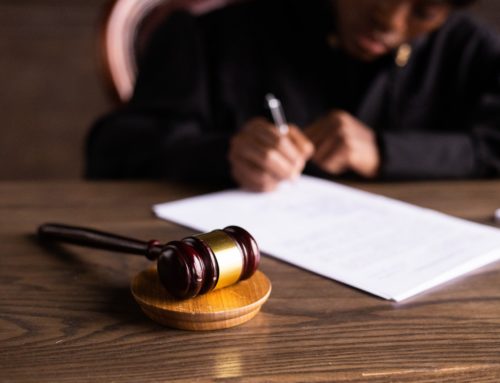 You’ve consulted with us and decided we’re “it” for your case.
You’ve consulted with us and decided we’re “it” for your case.
You’ve signed a contract, given us a deposit and filled out our information form. Now, you’re set to meet with us for the first time as our client.
If you’re like most, you’re nervous. Wondering what’s going to happen in your case and how we plan to handle it and help you. And, probably, a little unsure of yourself, and us.
So, to say this first meeting is important doesn’t do justice to the word “important.” It’s vital that you and we get off on the right foot. To that end, we plan to speak with you to let you know what to expect in your case, what we plan to do, and what information we will need from you to do our job. The information you provide to us at this point will help us to prepare a strategy for your entire case.
Our meeting has a specific agenda. We need to know what brought you to this place in your life. While we hope that you won’t have to go to court, we can’t dismiss the potential of it. So, we need to prepare as though we are bound for court, and this requires us to know as much about you as possible. That process starts in our first meeting and is grounded on documents you will be asked to provide.
Although nothing is carved in stone, the following are documents we normally ask our clients to bring to their first meeting with us.
- A history of your relationship with the opposite party. This is a written, chronological account that should lay out important dates and events. For example, if your spouse or significant other has abused you then we need you to tell us when, where and what occurred. We will use your account to identify the relevant factual and legal issues. It’s also a great resource – once in the file, we can return to it again and again, as needed. Saves us time and you money.
- A list of statements made by the other party which may tend to useful to your case. This includes admission of adultery or fault on the part of that party, acknowledgement of physical or mental abuse, admission of abuse of alcohol or use of illegal drugs, and statements that you are the better spouse and/or parent, etc.
- Copies of important documents. This includes –
- Tax returns for the last three years
- YTD paystubs for you and your spouse or significant other
- Most recent bank account, retirement account, investment account and credit card account statements
- A copy of the deed and deed of trust for any real estate you own
- Copies of premarital agreements or marital property agreements
We will listen to you very carefully at our first meeting but it will be a two-way street because, as we discuss your case in more depth, we will give you feedback as to what other documents or information we may need, where your case is likely to go and how and when it is most probably to end.
A member of our staff may be present at our first meeting to take notes and keep track of homework assignments for you and for us. We’ll give you a copy of the homework assignments at the end of the meeting, so you’ll know exactly what’s expected of us and of you.
All of our lawyers at Lewis & Passons, P.C. are Board Certified in Family Law by the Texas Board of Legal Specialization. We strive to provide top quality, cost-efficient representation while lessening the stress of litigation and always looking out for your best interest.
Contact us online or by calling (940) 591-1191.








